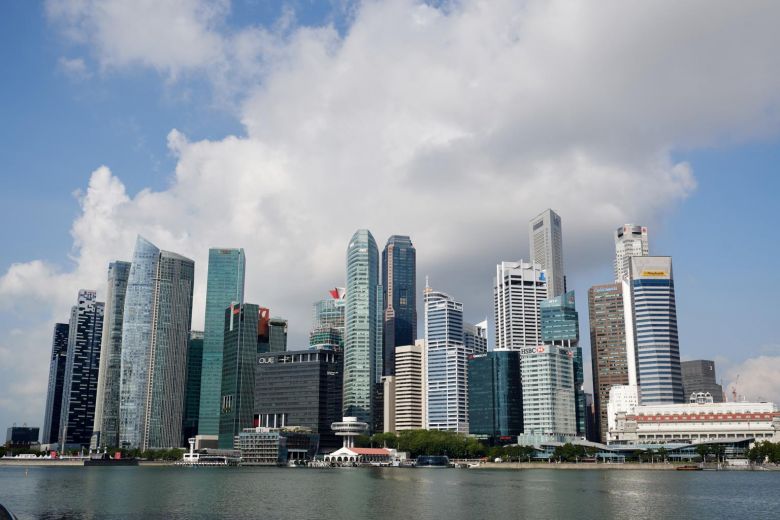Singapore is unlikely to see an acceleration in inflationary pressures against the backdrop of slower GDP growth, uncertainties in the global economy, as well as the continuing restraining effects of MAS’ monetary policy tightening in 2018, the Monetary Authority of Singapore has announced.
MAS made the announcement in its recent Consumer Price Development report which shows that Singapore’s Consumer Price Index (CPI) grew 0.9 percent year-on-year in May, following the 0.8 percent increase in April. 
The authorities attribute the higher inflation to a more modest decline in accommodation costs as well as higher private road transport, retail, and food inflation, which outweighed a larger fall in electricity and gas costs.
Meanwhile, the MAS Core Inflation, which excludes the costs of accommodation and private road transport, remained at 1.3 percent this May, as higher retail and food inflation broadly offset a steeper decline in the cost of electricity and gas.
The authorities reiterated in the release that Singapore’s CPI inflation was expected to average 0.5 percent to 1.5 percent in 2019, and the MAS Core Inflation was expected to come in near the mid-point of the forecast range of 1 percent to 2 percent.
For the rest of 2019, external sources of inflation are likely to be benign. Global oil prices for the full year are currently not expected to exceed last year’s average. Global food prices should also only pick up slightly on average.
On the domestic front, labour market conditions have remained firm and will support moderate wage increases, such that unit labour costs should continue to rise. However, an acceleration in inflationary pressures is unlikely against the backdrop of slower GDP growth, uncertainties in the global economy, as well as the continuing restraining effects of MAS’ monetary policy tightening in 2018.




































